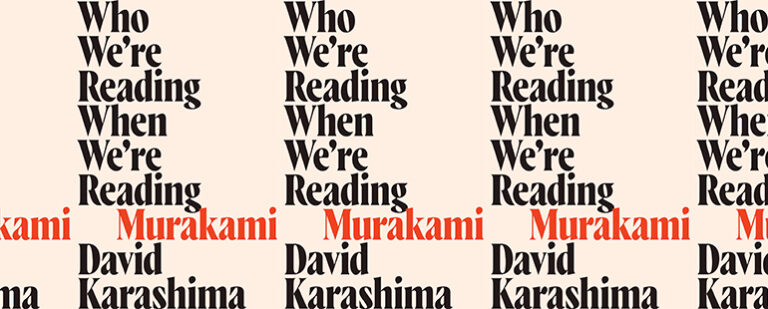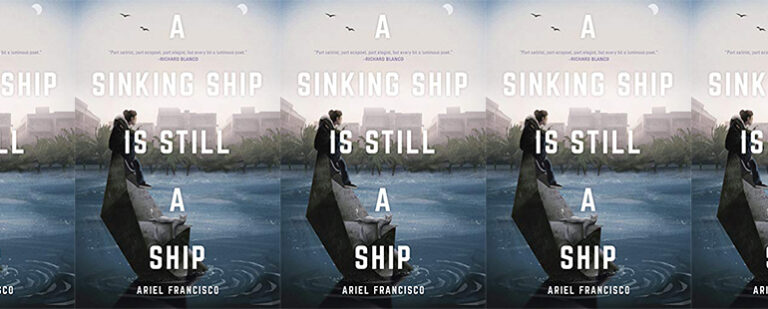Alzheimer’s translation: Homophonic VI
Wait, wait, wait, wait, wait, wait, wait, wait, wait, wait, wait, wait, wait, wait, wait. —My memory of my father’s voice message Up the sky-escalator to meet his maker. An angel measures the draperies of my dad’s inscape with tailor’s tape, palpates the spot near his unfaith. Rate your life’s pain. Weighty, dad answers. A…






 Fall 1986 - Digital
Fall 1986 - Digital